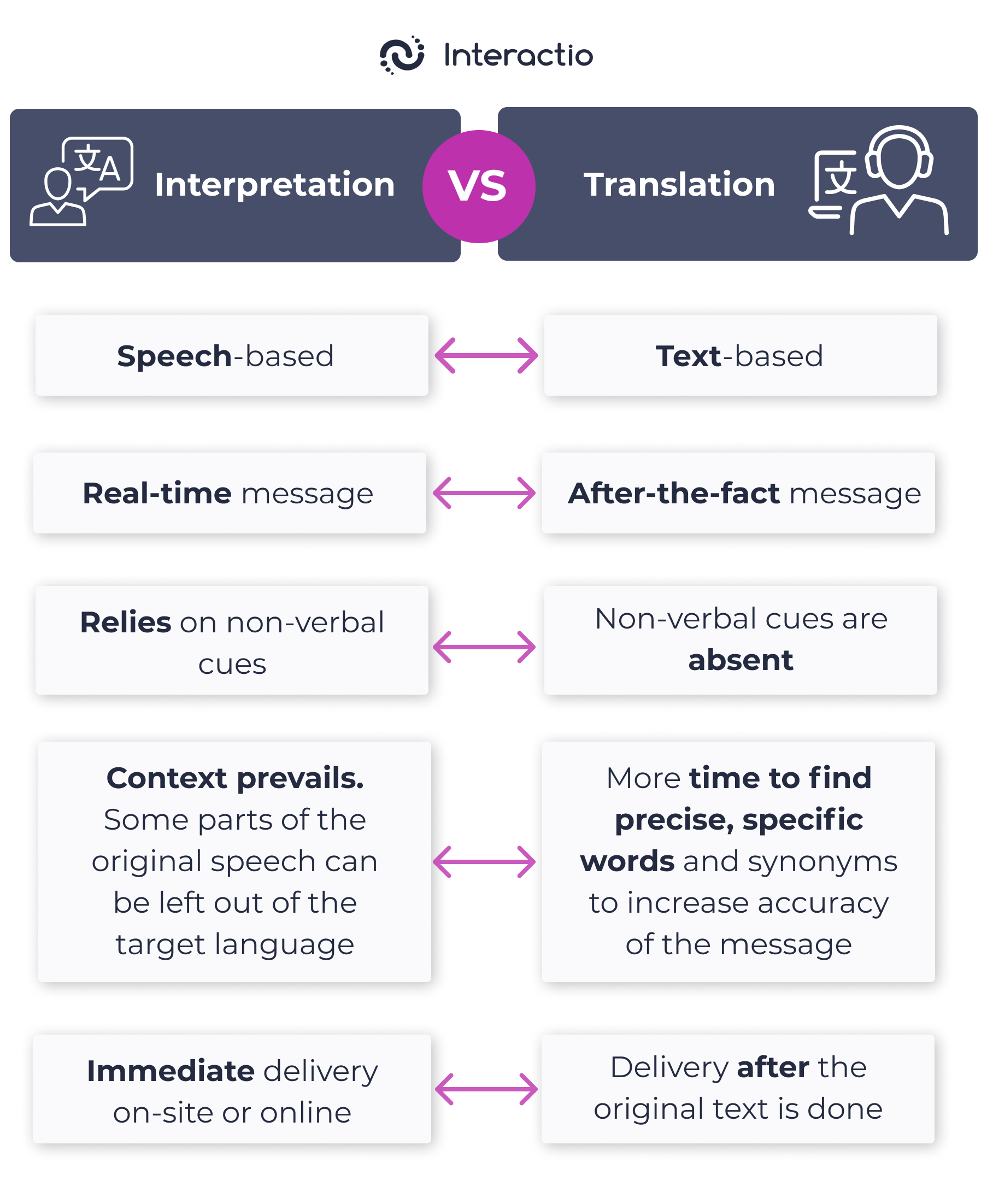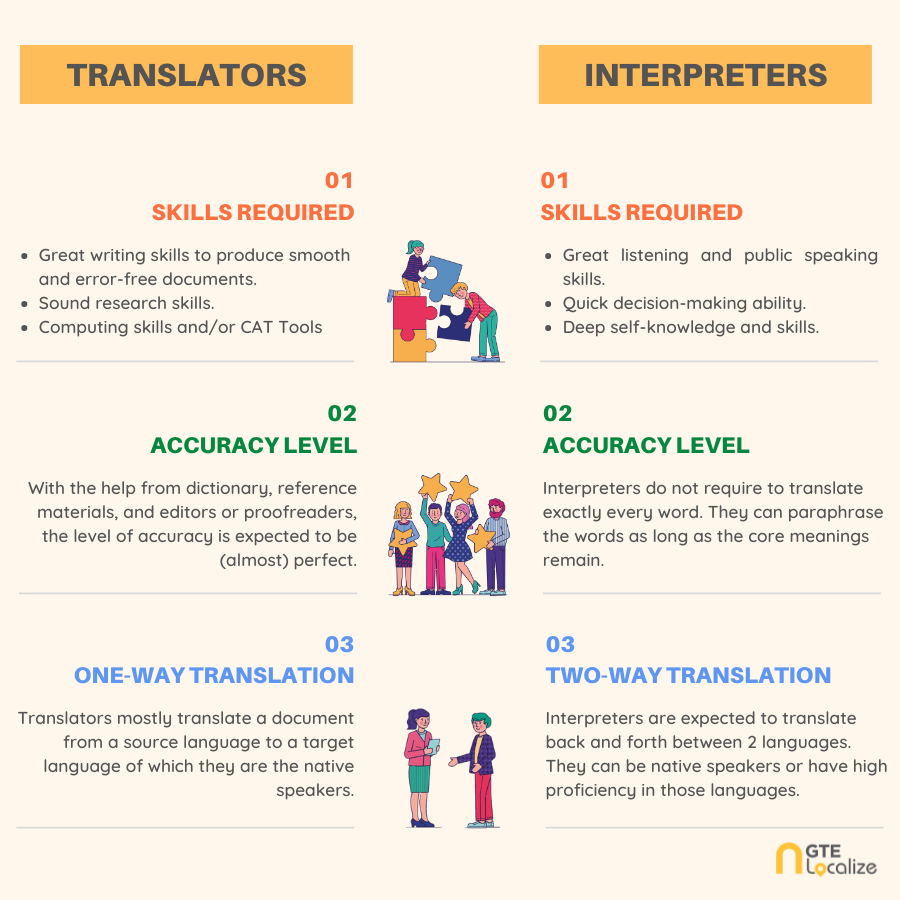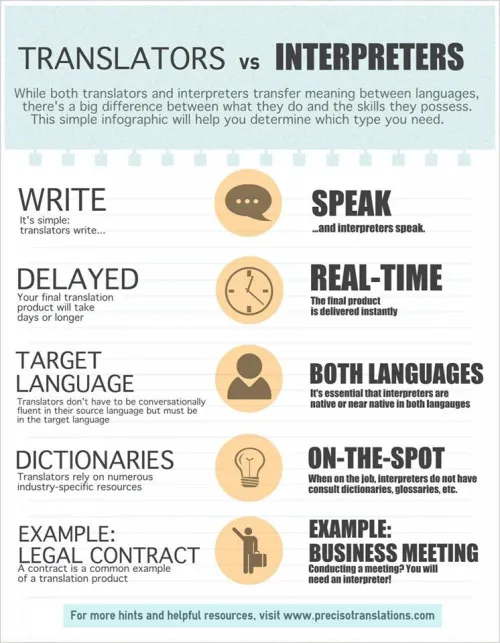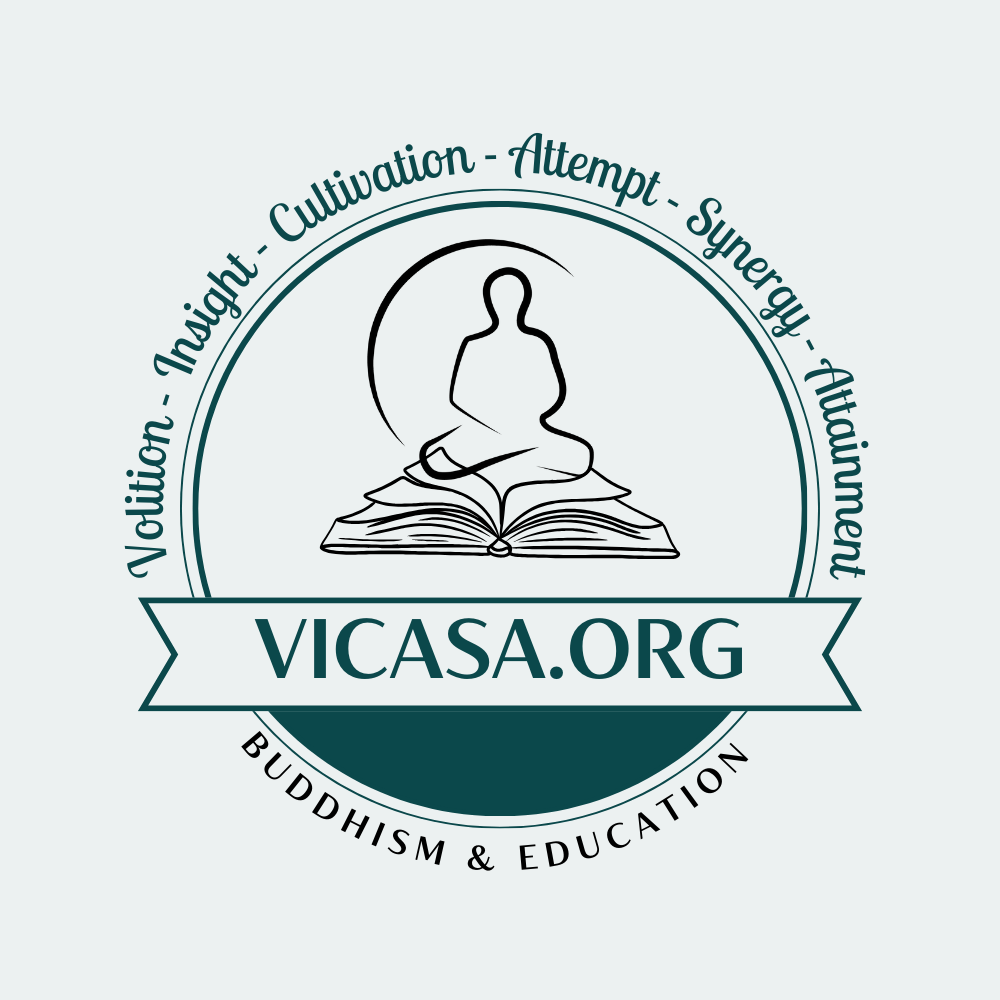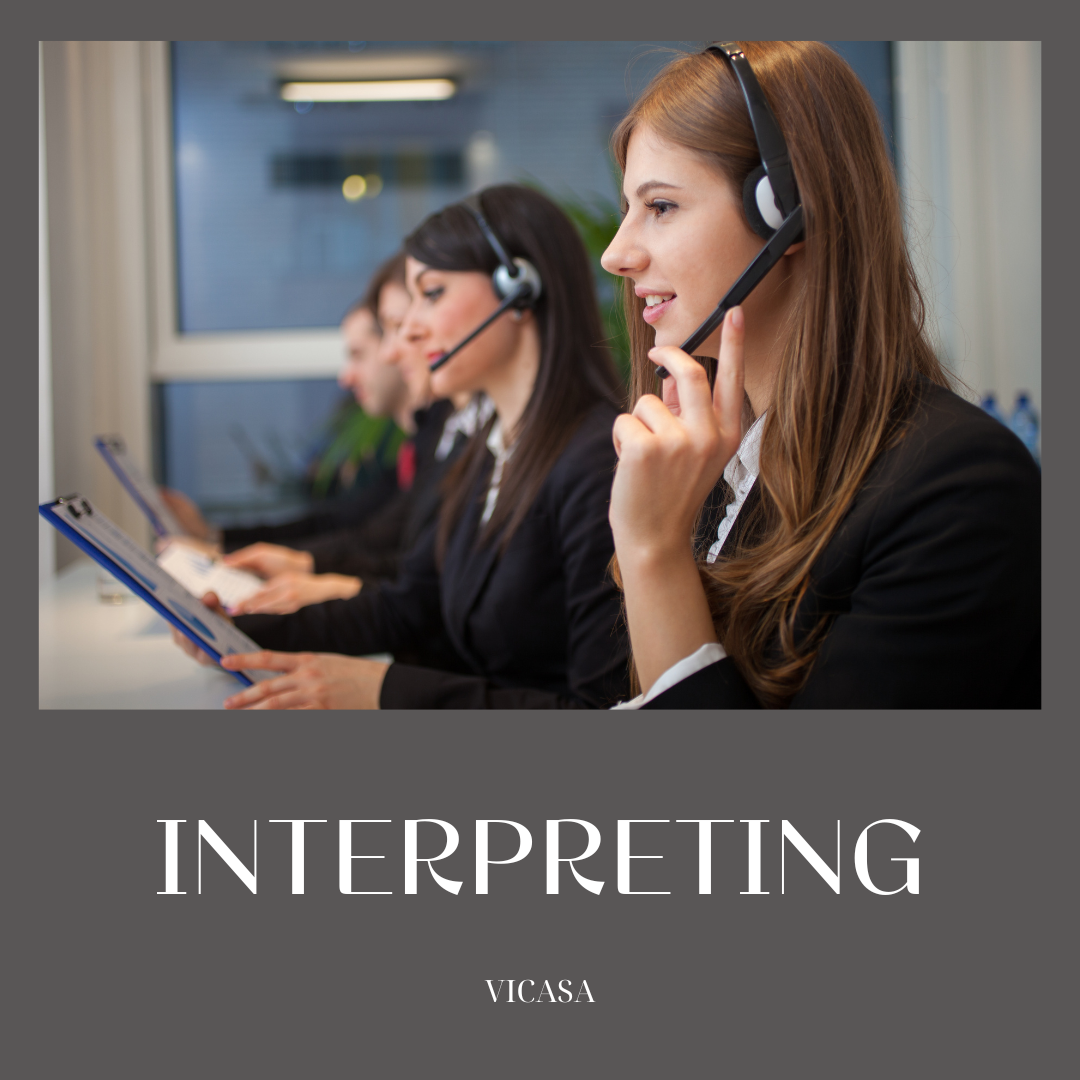English proficiency
- Having built firmly and profoundly the first two stages of FOUNDATION and SKILLS, you can challenge yourself to reach English PROFICIENCY by sustaining to go up to the highest level of translation and interpreting.
- At this stage, the translator’s English should be at least B2 level. Integrate practicing translation skills and have the opportunity to continue acquiring C1 and C2 as during the translation process, learners can absorb a lot of advanced, academic and specialized vocabulary, so your expressions will be expanded and enhanced very fast. Therefore, translation and interpreting is the fastest and most effective way to learn a language.
- In the translation and interpreting world, people frequently use the word interpreter to refer to a person who interprets with spoken translations, and and use the word translator to signify a person who translates with written translations. Translators will work with word forms in the text while interpreters will work to translate live conversations. Whether translating or interpreting, the ultimate goal is to convert the language from the source language to the target language so that both speakers and listeners engage in a conversation to understand each other, listen and make decisions together.
- Translators and interpreters must be equipped with all vital skills: foreign language proficiency, ability to use language flexibly and logically, professional knowledge, and research, analysis, and synthesis capability.
- Translating and interpreting English into Vietnamese is not a simple and effortless job for the Vietnamese, even though English is one of the most popular languages in the world. Reality indicates that numerous people are fluent in both languages but still make basic mistakes in English translation.
- Many learners have mastery of grammar and vocabulary but cannot smoothly translate a paragraph into Vietnamese and vice versa from Vietnamese to English. That is very understandable as they fail to grasp the translation approach. Like other skills, translation and interpreting can also be fostered and cultivated if learners are sufficiently passionate and persistent to absorb and practice consistently.
If the interpreter works under substantial pressure with limited time, the translator is given more time and does not require the ability to react speedily and immediately. A translation must ensure fluency, accuracy, continuity and no errors. Thus, interpreting is more challenging than translating as it requires a lot of experience, practice, and learning from a real-life environment to be able to demonstrate knowledge speedily, efficiently control one’s emotions, and interpret directly in front of the listener so as to convey information productively.

Let's start
